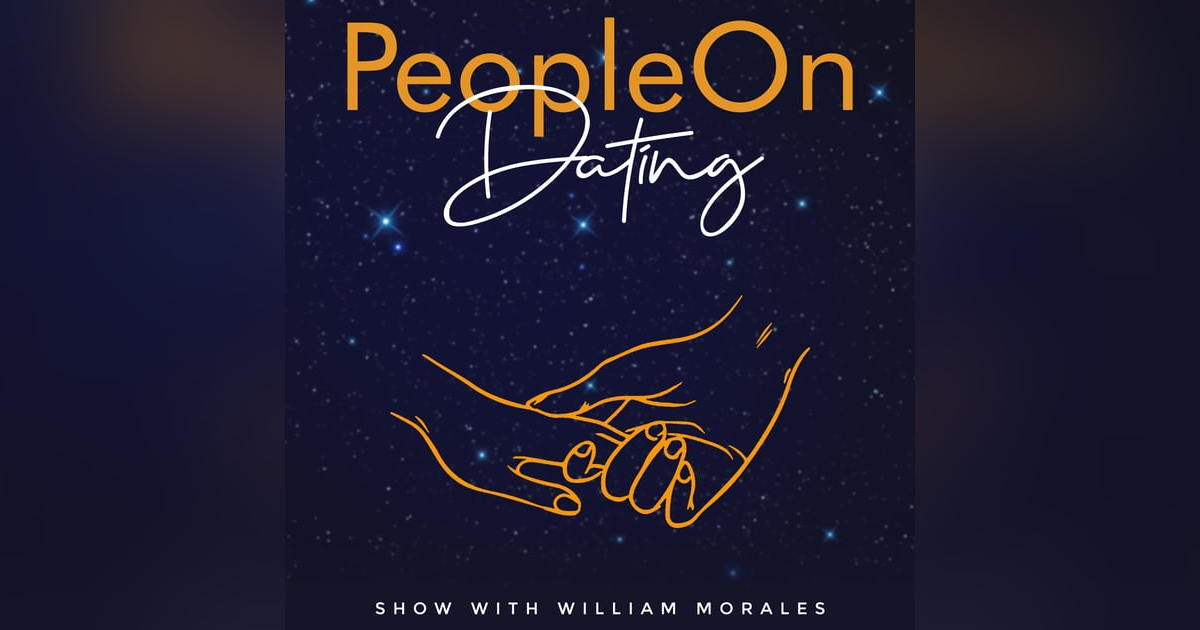
As a therapist I’m often asked how to deal with difficult people. Whether it’s a narcissist you have to still deal with, or a toxic person at work, or someone annoying you at a social gathering, or an intrusive or controlling family member, or any other difficult person in your life, I’ve put this blog together to help explain the strategies I encourage clients to use to help them take care of themselves in these situations. I used to call it being an anthropologist but I’ve realized it may be more helpful to call it the Journalist Method.
Think about a journalist in a war zone; I’m always amazed at how they can be totally present, completely intrigued and completely unflappable. When a journalist goes into a situation, they are there to do a job, to gather information, to be present and to stay focused on the facts. They remain solid and steady no matter what is going on around them. They may need to break down later but not in the moment while on camera. These attributes help you navigate the minefields of dealing with difficult people. Let’s walk through one attribute at a time.
- They stay focused on the facts; when being the journalist, you must stay focused on the facts. Let’s say you’re meeting your narcissistic ex to pick up the kids. The only facts you need to stay focused on are the time, the place, and nothing else. Don’t let them pull you into any other discussions or conversations. When you stay focused on the facts, you can get in, get it done and get out without getting drawn into an emotional meltdown.
- A journalist stays disengaged and doesn’t take anything personally. When you’re dealing with difficult people, they will often draw you in by attacking you personally. Anyone who will do this has their own issues and none of their stuff is about you. You’re just on the train tracks and got hit. It’s not about you, so take nothing personally. Notice it all in your best journalist demeanor and just say to yourself, ‘wow,’
- Be intrigued not involved; a journalist is intrigued by everything but is not rattled by it. So notice everything, the games, the manipulations, the attacks, the various attempts at control from tears to anger, to putting you down to building you up, notice it all, learn from it, watch it as if from behind your notepad. Be intrigued and again, just say to yourself, ‘wow.’
- Marvel at the madness; you can be amazed, but rather than devastated by the madness, marvel at it. say to yourself, ‘my gosh, they actually just said, or did, or attacked at that level in that way.’ Marveling from an emotional distance helps you not to personalize.
- Flatten your affect; the journalist keeps a flat affect with zero reactions throughout the interview and never lets on how they feel or what they think. The benefit of this is that with difficult people who are trying to rattle you, engage you, manipulate you, they feed off of your reactions like a shark feeds off of blood in the water. When you react, you create a frenzy of activity for the shark or difficult person, whereas complete non-reactivity confuses and disarms them.
- Journalists don’t argue with their interviewees. No matter what their opinions of the person they are interviewing, they never engage in arguing, justifying or defending; arguing is engagement and reaction combined so it fuels the difficult person.
- Journalists take notes but don’t keep score. Manipulative and difficult people want to engage and to win. But it really does take two to tango, and they have to engage you emotionally in order to get that win. The only way you win is if you don’t engage; if you take care of yourself emotionally, and you emerge unmoved, and unscathed. So, be a journalist; Just notice, take care of yourself, keep your emotional distance and safety; That’s your win!
- Journalists are not there to have their stories heard. When you’re dealing with a difficult person, sharing anything about yourself will only make you vulnerable ; so, don’t talk about how well you’re doing, how great the kids are, how awesome it is to be away from them, or that others are mad at them too. Don’t say anything personal at all; be a journalist. Taking a pot shot, trying to make them feel badly, or feel angry or guilty or sad, may feel good in the moment, but you will rarely get the response you want, and even if you do, you will only re-ignite the flames of envy, loss of control, and other reactions that will be impossible to tamp down. Don’t start that fireball; be a journalist and stay focused on the facts; don’t share yourself.
- In a movie, the journalist falls apart after they get out of harm’s way; so in the same way, it’s crucial to see that you will need to take care of yourself later when you are out of the direct contact with the difficult person. It’s normal that you will come away from this experience with a lot of emotions; take care of yourself, get time with friends and do healthy things to let off steam and detox from the experience. You can’t let it out in the moment or you’ll emotionally engage the difficult person. Just know you’re going to take care of yourself later with a movie night, or a conversation with a friend, or some other self-care. You may even want to journal or cry or rage on paper, all of the things you kept yourself from doing in their presence.
- Self-care and self-compassion are key. Realize this is hard, and completely out of your comfort zone and even out of what you think is doable or sensible. But handling your difficult relationships this way will help save your sanity.
So be a journalist; a strong, solid, unflappable, tough, laser-focused journalist.
Thanks To Shannon Petrovich For Providing This Article To "People On Dating"
Thanks for reading, and remember, "Just a conversation, No judgement
Will Morales



